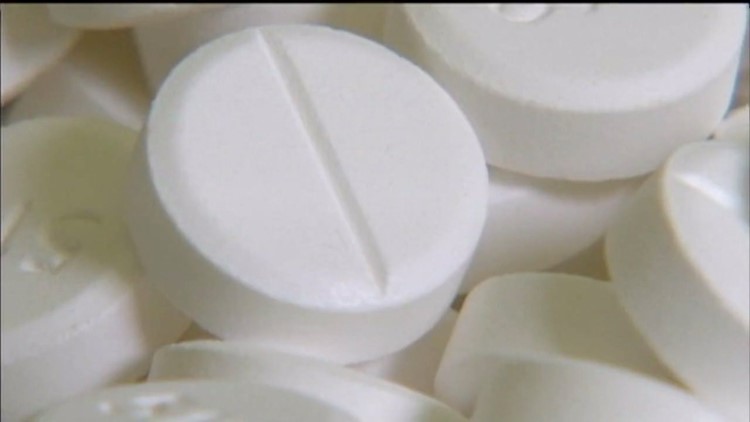Harrisburg, PA – Today, Governor Tom Wolf announced several additional steps the commonwealth is taking to help combat the opioid addiction crisis. These steps will help tighten the rules under which medication such as buprenorphine can be prescribed under the Medicaid program.
“Success in the fight against opioid crisis requires that we address the issue from all angles,” said Governor Wolf. “Not only must we make sure that quality treatment options are available from Pennsylvanians suffering from an opioid use disorder, we must also make sure that we are doing everything we can to make sure treatment is appropriate and that we keep unscrupulous individuals from taking advantage of those who are fighting the disease of addiction.”
In order to help make sure that medication is used appropriately, the Department of Human Services (DHS) will take the following actions for Medicaid providers:
• Require all ordering, prescribing or referring providers who are identified on claims be enrolled in the Medicaid program. This will prevent current cash providers who are not enrolled in the Medicaid program from having their prescriptions filled at the pharmacy;
• Work with the Department of Drug and Alcohol Programs (DDAP) to cease allowing providers to accept cash payments from Medicaid recipients;
• Audit and potentially un-enroll providers who prescribe medication such as buprenorphine without an office visit;
• Encourage Medicaid Managed Care Organizations (MCOs) to terminate poor providers that do not meet certain quality metrics;
• Implement standardized prior authorization guidelines similar to those most recently implemented for the Medicaid Fee-For-Service Program; and
• Refer high-volume providers with poor quality records to DHS Bureau of Program Integrity for review and action.
“We are tightening the medication rules to ensure that the Medicaid providers writing these prescriptions are thoroughly treating the individual, coordinating care, and getting folks the counseling services they need while going through this treatment,” said DHS Secretary Ted Dallas. “Our physical health, behavioral health, and pharmaceutical providers need to work together to provide the best care possible.”
“If you, or someone you love, is receiving treatment from an Medicaid-enrolled provider, you should not pay out of pocket for that treatment. We ask that you refer the provider to DHS’ tip line at 1-844-DHS-TIPS,” said Governor Wolf.
In addition to the latest actions, the commonwealth has:
• Strengthening the Prescription Drug Monitoring Program (PDMP) so that doctors are required and able to check the system each time they prescribe opioids;
• Developed nine new prescribing guidelines to help doctors who provide opioid prescriptions to their patients;
• Created the warm handoff clinical pathway to facilitate referrals from the emergency department to substance abuse treatment;
• Established a new law limiting the amount of opioids that can be prescribed to a minor to seven days; and
• Designated 45 Centers of Excellence, central hubs that provide navigators to assist those with opioid use disorders with behavioral and physical health care, along with medication-assisted treatment, as needed.
New investments in battling the opioid epidemic in the 2017-2018 budget include:
• $10 million to expand access to naloxone for first responders through competitive grant funds will be awarded through the Pennsylvania Commission on Crime and Delinquency (PCCD).
• $3.4 million to expand specialty drug courts in PCCD to expand treatment strategies to divert offenders into more meaningful treatment and recovery.
• $26.5 million in federal Cures Act funds beginning in 2017-18 that will be used to expand access to treatment services, particularly for individuals who are uninsured or underinsured.
Continued investments in battling the opioid epidemic in the 2017-2018 budget include:
• $20.4 to continue the 45 Centers of Excellence throughout Pennsylvania which will help coordinate holistic treatment for people suffering from substance use disorder.
• $45 million to continue to fund services to address heroin and opioid addition through the Single County Authorities.
• Over $3 million for PDMP, which allows medical practitioners to see what their patients are being prescribed, and to make sure that, what they are prescribing is not at odds with that person’s health. It will also allow a medical practitioner help a person get into treatment if they believe they have identified a patient suffering from a substance use disorder.
If an individual needs treatment for substance use disorder, and they are on Medicaid, they should call their MCO to determine a provider that is in their network. If the person is in the fee-for-service program, they can call DHS at 800-692-7462 for assistance in locating a provider.
For more information, visit http://www.pa.gov.
SOURCE: Governor’s Press Office



